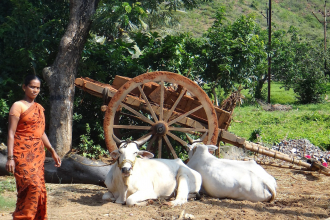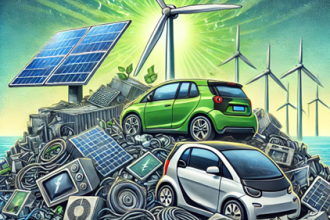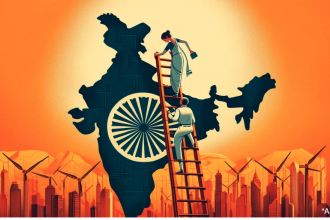Space trash: Orbit shows where the circular economy breaks down
A circular economy is one in which products do not end up as waste but are instead repaired, reused, or transformed into new materials. This stands in contrast to the linear economy currently dominant worldwide—one built on extraction, production, use, and disposal. Despite the growing recognition of circularity as a sustainability necessity and the implementation of many circular economy initiatives worldwide, very few systems are truly circular in practice.









